Wen-yi Lee likes writing about girls with bite, feral nature, and ghosts. She is the author of YA horror The Dark We Know and has published fiction and essays in venues like Lightspeed, Uncanny, Strange Horizons, Reactor, and various anthologies. Her work has been supported by the National Centre of Writing in the UK and the National Arts Council of Singapore, where she is currently based. When They Burned The Butterfly is her adult debut.
I had the opportunity to interview Wen-yi, which you can read below.
First of all, welcome back to Geeks OUT! For those who might not be familiar with you, could you tell us a little about yourself?
Hi again! I’m Wen-yi Lee, a Singaporean writer of usually-queer speculative fiction. When They Burned the Butterfly is my adult debut, and my YA debut, a lyrical horror called The Dark We Know, came out in 2024. I also write short fiction–the one I’m most recently proud of is called “The Name Ziya”, a decolonial fantasy dark academia piece that came out in Reactor. Across my work, I tend to write about problem girls, haunted bodies, history, and obsessions, with a lean toward horror and an inevitable handful of religious imagery (I have trauma).
What can you tell us about your latest book, When They Burned the Butterfly? What was the inspiration for this story?
When They Burned the Butterfly is a sapphic historical fantasy set in 1970s Singapore, about Chinese secret societies, a girl gang that gains magic from a fire goddess, and a schoolgirl that becomes entangled with them–and their hot leader. It’s about coming-of-age, postcolonial transformation (it’s set in the early years of Singapore’s independence), a bit of queer history, belonging, devotion, and figuring out modes of being a woman.
It was inspired by a real-life historical girl gang called Red Butterfly. Chinese gangs are usually brotherhoods, so I was really captured by the idea of this all-female group and how they both subverted and also re-appropriated these male structures and environments. I wanted to write a mean but complex girl, and complicate the girlboss trope. There’s a lot of moral greyness.
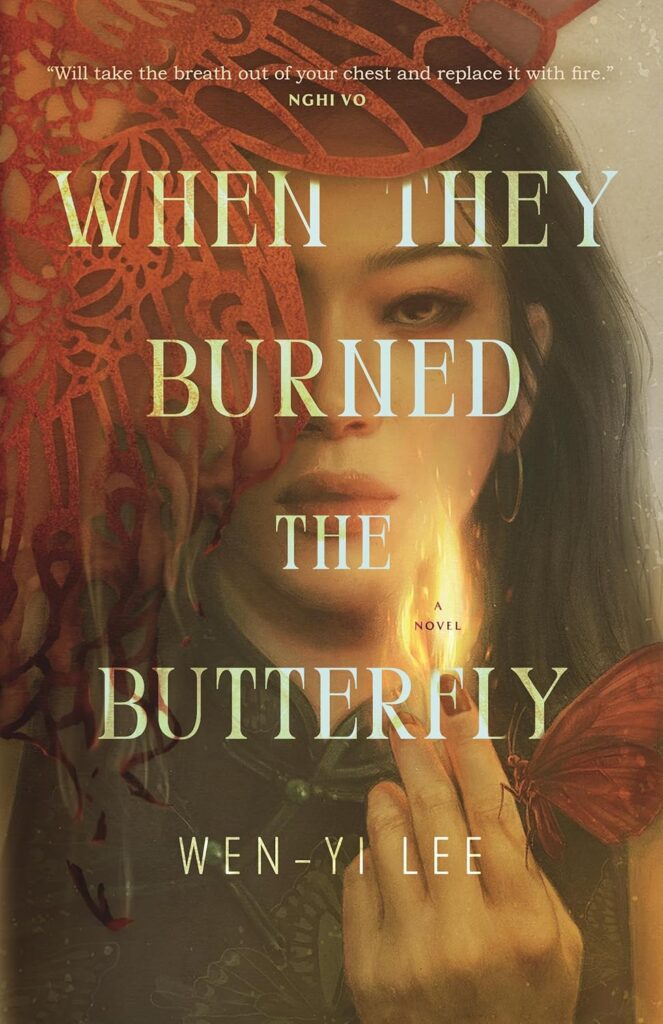
As a writer, what drew you to the art of storytelling, especially speculative fiction?
I think all fiction is kind of speculation and Speculative Fiction as we define it is just the most fun way to go about it. Fantasy is just fun! The girls have fire magic because I grew up with Avatar: The Last Airbender and I say so! But I also enjoy what spec fic lets us do via allegory and exaggeration; by taking a theme or a concept and literalising it, and bringing a situation to emotional extremes–fire as transformation, as passion, as anger, etc. Humanity operates on symbolism at almost every level of existence as it is.
How would you describe your creative process?
Chaotic, endless, and with a life of its own. I’ll never be the writer who can allot themselves a dedicated 3 hours a day to sit down and write. It’s in my mind at all hours of the day or not at all; it comes and goes. While I’m developing an idea, I’m actively on Pinterest, on Spotify, consuming other tangential media–I’m big on swallowing and synthesising.
What are some of your favorite elements of writing? What do you consider some of the most frustrating and/or challenging?
Is it bad to say that I hate plotting? I’m a very character-driven writer and I find my writing comes most organically when I lock into a character and let it flow and figure out where they want to go; I stumble the most when I try to plot out a story in advance. I love figuring out what makes a character tick and why they’re the one I’m following through this story. I’m also big on theme and I love falling upon just the right environmental detail that ties everything even tighter together. I love excavating and finding new layers to a story.
As an author, who or what would you say are some of your greatest creative influences and/or sources of inspiration in general?
I think I’m pretty widely inspired, especially where specific projects are concerned. Butterfly wouldn’t have existed if I hadn’t read the work of Fonda Lee, RF Kuang, Zen Cho, and Malinda Lo; I also got some aesthetic influence from Wong Kar Wai, and I think often of Tamsyn Muir’s Locked Tomb books. Outside of that, I gravitate towards a lot of female writers in the strange literary speculative space: Carmen Maria Machado, Julia Armfield, Emily St John Mandel, Mariana Enriquez, Bora Chung.
Aside from your work, what are some things you would want readers to know about you?
Honestly, I like the work to speak for itself. But maybe thematically relevant is that I recently learned how to preserve and pin a dead butterfly that I found outside one day.
What’s a question you haven’t been asked yet but that you wish you were asked (as well as the answer to that question)?
What retelling would I most want to write? – The answer is Lady Macbeth and has been since I was about 18. It’s marinating.
What advice might you have to give for aspiring writers out there?
If you pursue publishing, prepare for your relationship to writing to change completely, possibly not for the better. Unfortunately, when you make your passion your job, it stops being a fun escapist hobby. I am doing what I love! It also causes me undue amounts of stress because it’s so close to my heart. Guard your joy for writing at all times and remember why you started it in the first place. Also, read.
Are there any other projects you are working on and at liberty to speak about?
I’m currently working on the sequel to When They Burned the Butterfly–it’s weirder, more claustrophobic, and I want to say more hopeful. I can’t say much more though!
Finally, what books/authors would you recommend to the readers of Geeks OUT?
In the theme of female rage: And the River Drags Her Down by Jihyun Yun, and I’m also really looking forward to Aicha by Soraya Bouazzaoui. I’m also currently reading Southland by Nina Revoyr (also sapphic, Asian, historical, and exploring crime) and I would love to write a multigenerational story like that some day.

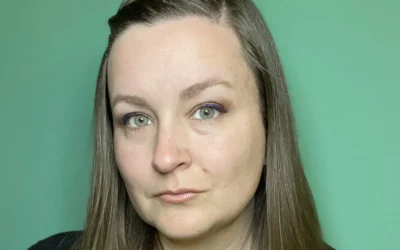
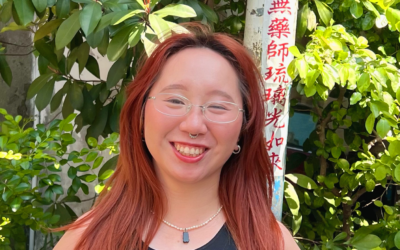
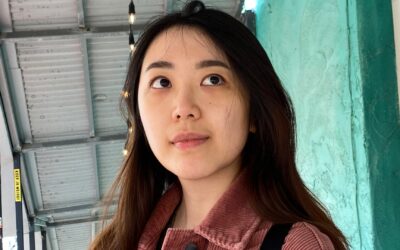
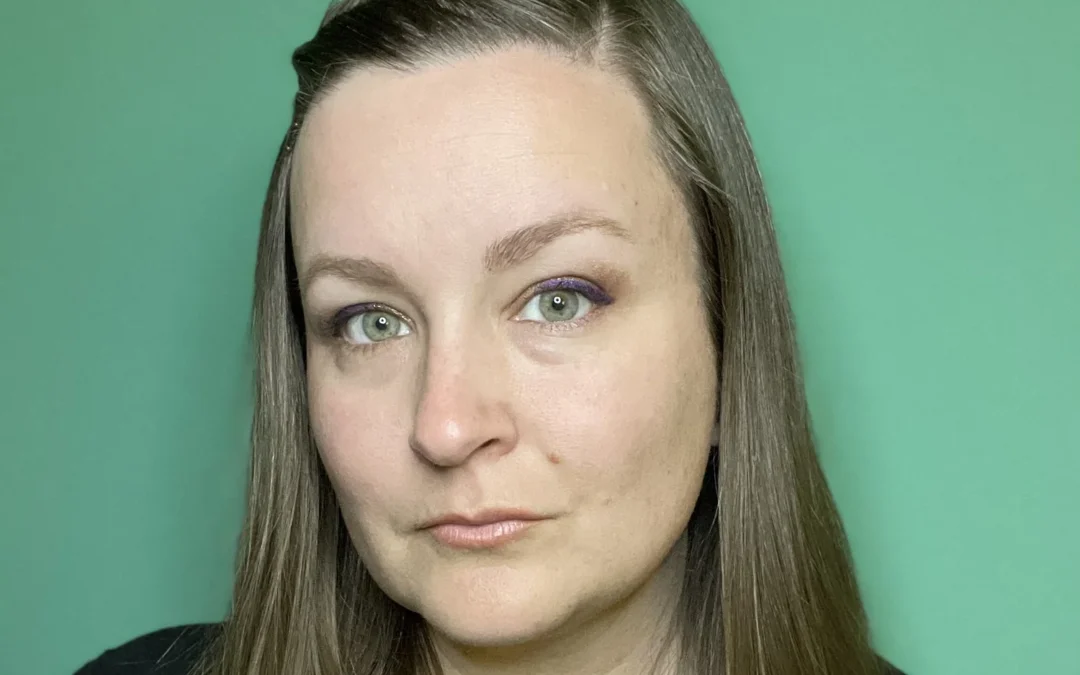
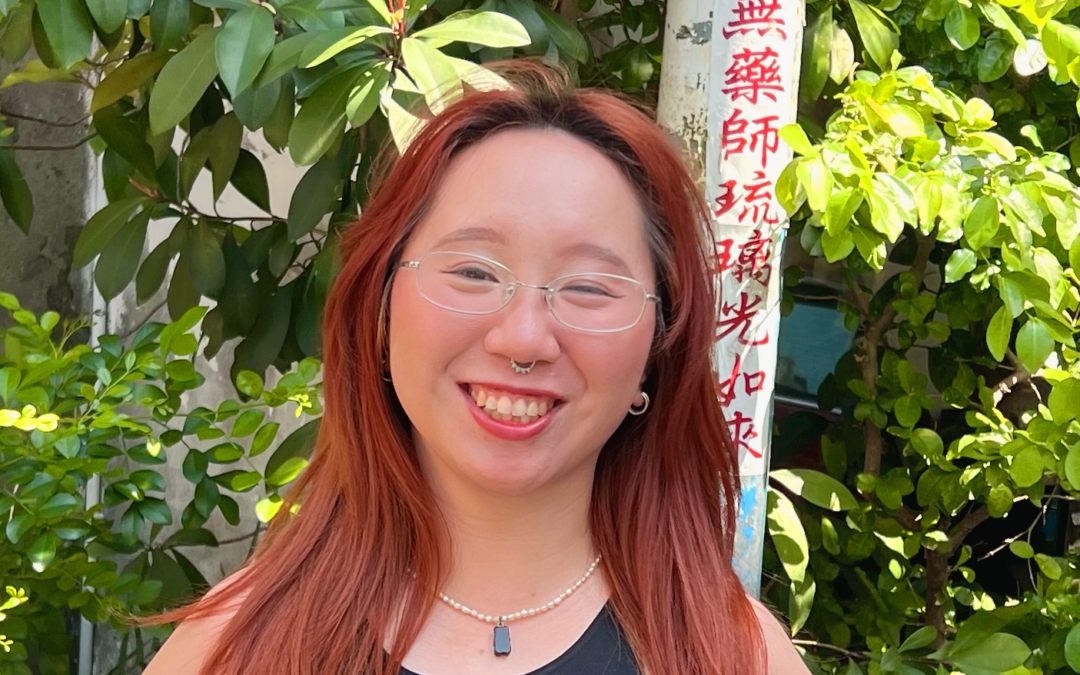
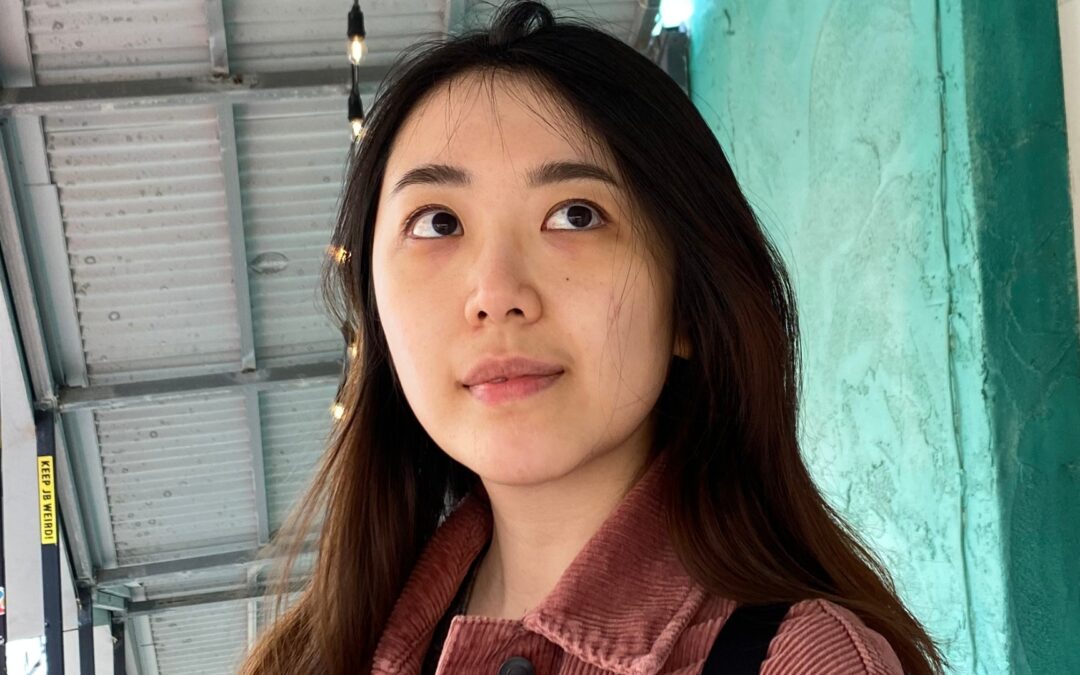
0 Comments